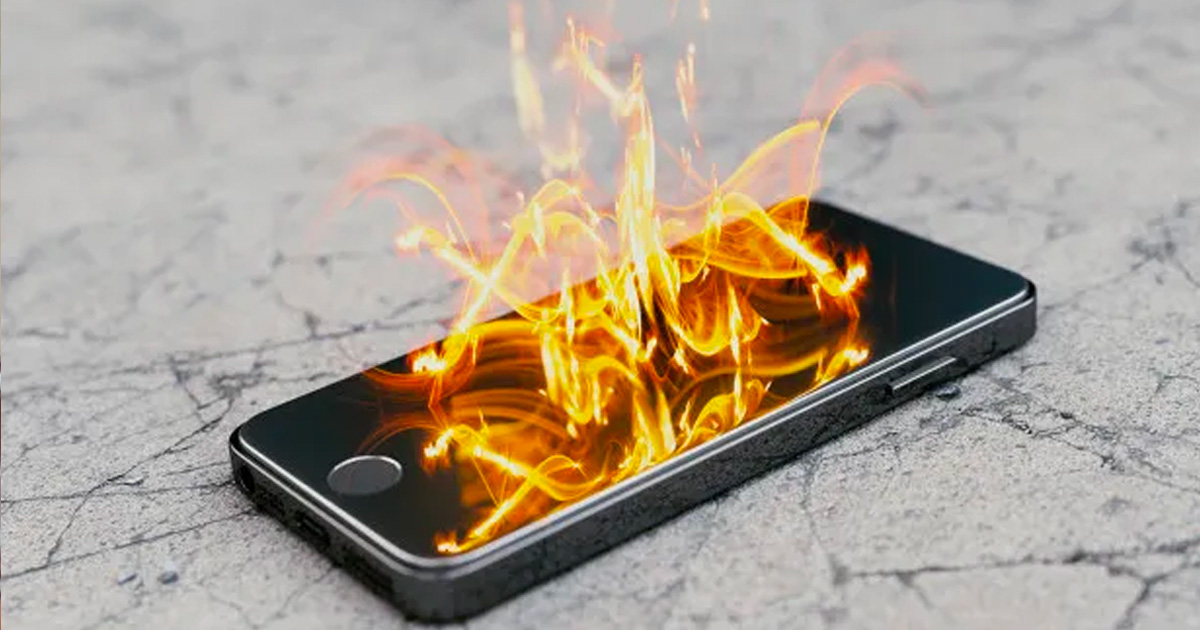Our phones have turned us into goldfish

In the history of mankind, there has never been a more rapid take up of technology than the smartphone. The wireless took decades to penetrate, as did TV. Home computers – 30 – 40 years, mobile phones – 20 – 30 years. In 2008, 17% of people in the UK owned a smartphone. That has now reached 78%, and 95% among 16 – 24-year olds. Our moral, legal and intellectual capabilities have simply not kept up. And even worse, our brains have been kidnapped. In this article, I explore how this has happened and offer concrete ideas to help recognise and reduce our dependency.
Every day, the average American adult scrolls through a vertical band of digital materials three times taller than the Statue of Liberty. More startling is that smartphone users in the United States consume, on average, 12 hours of media each and every day. That’s more than 182 uninterrupted days of digital material, pushed through the eyes and ears of each person, every year.
In the UK, we check our phones every 12 minutes and 80% of us check our phones within 15 minutes of waking up. 37% of us check within 5 minutes of trying to go to sleep, rising to 60% if you are under 35.
Let’s consider what drives this usage; news, social media, email, shopping, messaging, gaming and consuming media. Look at this list – does your heart rejoice? No, it is a list that is associated with increased levels of anxiety, depression and inattention. This has a serious impact on our health. Psychologist Jonathan Haidt talks about how social media has driven a 189% rise in girls being hospitalised for self-harming since 2011. It also impacts our daily ability to get stuff done. According to Microsoft, our attention span is now worse than that of a goldfish. Our endless and personalised content is being selected by algorithms – that are designed to maximise the time spent consuming. Why? Because the money is made in advertising, the longer we stay on the more advertising we consume.
So how do they maximise that time? How have our brains been kidnapped? Through stoking and promoting outrage. Extreme stories about exaggerated and / or rare events, predominantly negative. Outrage as a means of selling media is nothing new, however in the past we could chose when to consume a newspaper headline or hear a news story on the radio. There was a clear membrane. Now that content is glued to our hand 24/7. Beeping at us to let us know another “truly amazing unmissable story that could have happened to you” has landed. The smartphone has literally weaponised low-grade corrosive content.
The Roman Emperor and Philosopher, Marcus Aurelius wrote;
The soul becomes dyed with the colour of its thoughts
Imagine what the modern diet of the media and content we are consuming is doing to our souls.
Still not convinced? Research published by Kristen Duke in the Harvard Business Review, asked participants to complete cognitive tasks with their phone on their desk, in their pocket or in a different room.
The results were striking: individuals who completed these tasks while their phones were in another room performed the best, followed by those who left their phones in their pockets. In last place were those whose phones were on their desks. The amazing result is that this was shown even if the phones were switched off. The impairment in cognitive ability was similar to that caused by lack of sleep.
If you are now determined to do something about this here are 6 ways to permanently reduce your digital dependency:
- Charging station at home. Put a box with a charger plugged in by the door that you come home through. As you walk through the door, the phone goes on charge in the box until you walk back out of the door. This has an added side benefit of losing your phone less. (If you are prone to losing keys and wallet find a bigger box!)
- Email and social media off your smartphone. This is tough, but without doubt has the biggest impact. If you need it for work, fine. Sit down in your office or at home with a computer or tablet and do email / social media there. Just adding that additional barrier guarantees a major reduction in time spent on your phone, and indeed on these activities. Email gurus talk about working on email twice a day at 12pm and 4pm, not having email on your phone takes you a big step closer to achieving this liberating technique.
- Change your news habit. Daily / hourly / minute-by-minute consumption of news is not good for us. It keeps us on high alert and I have written before about the dangers of this (link to Tips for Building Resilience to Stress). Clients have found that switching to a weekly longer form news consumption frees up huge amounts of time during the day and rapidly reduces anxiety.
- Phone and tablet off and put away during any conversation with a fellow human being. Your phone, even when off, exerts a gravitational pull on your attention. Worse, it subliminally signals to the other person that there are things going on in your life that are more important than this interaction. As a sign outside some school gates said: Greet your children with a smile not a phone.
- Black and white mode on your phone. This is hidden way down the sub menus on an iPhone. The red notification dots are chosen deliberately – red is the colour in nature that shows danger and highjacks our ancient, reptilian brain. Even a zen Buddhist would struggle to ignore the red dot. Running your phone in black and white just makes it less appealing to spend time on.
- All notifications off. If someone really needs to get hold of you, they will. Do you really need to be disturbed from your meaningful activity to know that the latest version of Angry Birds is now available? Turning off vibrate also helps with this. Better still. turn off your phone completely!
I am not going to pretend these are easy. I lapse frequently, and many of my clients are achieving 0, 1 or 2 out of 6. What I do know is that when I have all 6 under control, my anxiety levels are lower, I am present in a profound way, and my output sky rockets.
Perhaps try one at a time. The new screen time app on an iPhone will help you track your progress and like an ex-smoker finding themselves with bonus cash every week, you will find yourself with bonus time when you are relaxed and present to really enjoy the activity you intentionally choose.
Ed
More Articles
Organisational health - the heartbeat of a business
Organisational health- the heartbeat of a business When we talk about business success, we often look first at strategy; the clever plan, the…
Rituals
Rituals surround us at work, in society and at home. They help manage emotions- think about what happens when someone dies…
How to take the right risks
Individuals and organisations can both benefit from a more entrepreneurial approach. Starting a new business, solving difficult problems…


